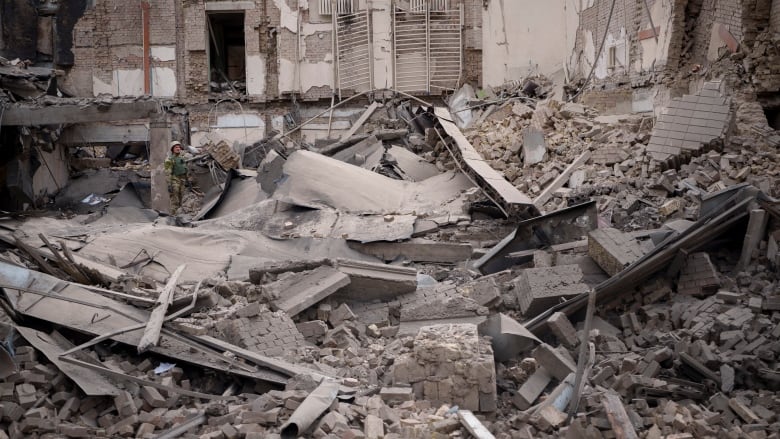This article is more than
8 year oldImmigrant deaths expose 'legal black hole' of Canada's detention system
It was a plan that was months in the making. Francisco Javier Romero Astorga dreamed of leaving his home in Chile and starting a new life in Canada, one that would perhaps revolve around his love of music or cooking.
But three months after he left the seaside city of Viña del Mar for a fresh start in Toronto, the 39-year-old disappeared.
His family nervously called the Chilean consulate. Francisco had been arrested, they were told. Later they would find out that he had been detained by border officials.
It would be weeks before the next piece of news would come, in a terse, devastating phone call f-rom the consulate: Francisco was dead.
Two months later, little more is known about his death. “Francisco left Chile in perfect health, he spent much of his recent time in Canada in immigration detention and now he is dead,” said his brother Esteban. “It makes no sense.”
Since 2000, at least 15 people have died in the custody of the Canada Border Services Agency (CBSA). On Saturday, a 24-year-old man died in CBSA custody in Edmonton, Alberta.
Of those who died, five are thought to have died of natural causes, three committed suicide while in custody, and six deaths remain listed as unknown causes. Each death has left families and loved ones around the globe scrambling to piece together what happened.
“We are utterly in the dark,” said Esteban Romero Astorga. He had no idea why his brother was arrested or what his immigration status would have been at the time of the arrest. “We need the help of Canadians in getting us answers.”
His brother’s death – one of two immigration detainees to die in March – has reignited calls for an overhaul of how Canada treats those who run afoul of its immigration laws and shone a spotlight on what critics describe as a “legal black hole” in Canada.
The CBSA has the power to detain non-citizens deemed to be a flight risk, who pose a threat to public safety or whose identities cannot be confirmed. The agency’s mandate also extends to children, such as the 16-year-old Syrian boy detained in isolation for three weeks earlier this year when he attempted to claim refugee status after entering Canada f-rom the US.
The deaths in CBSA custody highlight an area in which Canada has been slammed by the UN for lagging behind many western countries – and which has too often hidden behind Canada’s reputation as a welcoming country for immigrants.
Canada remains one of the few western countries in the world without a time limit on detentions, a sharp contrast to the UK – whe-re peers voted in March to limit detention to 28 days unless otherwise ordered by a court – and the US, whe-re a landmark 2001 decision by the supreme court said justification was needed for any detention longer than six months.
“Canada is a rogue nation,” said Macdonald Scott, an immigration consultant for Toronto law firm Carranza LLP.
“What ends up happening is that people end up spending 10 or 12 years in detention in Canada,” he said.
According to Canadian border authorities, 6,768 individuals were detained f-rom April 2014 to March 2015. Of those, 2,366 were released and 3,325 were deported f-rom Canada, authorities said, noting that a person could be detained and released more than once. The average length of detention was 24.5 days. But for those who end up entangled in a deportation dispute with another country, the legal limbo can stretch to years.
Mainly due to space constraints, as many as a third of those in immigration custody in Canada are held in provincial jails, often crammed in a small cell for upwards of 21 hours a day and without access to international calls or legal counsel, according to advocates. While conditions vary across the country, in some facilities immigration detainees are not segregated f-rom prisoners.
Read More
Keywords
Newer articles
<p>Chinese officials say they "firmly oppose" the platform being divested.</p>
Apple deletes WhatsApp, Threads from China app store on orders from Beijing
Tumultuous Trump trial day ends with 12 jurors, 1 alternate selected
TikTok ban now ‘inevitable’
Ukraine ‘will have a chance at victory’ with new US aid, Zelenskyy says
Israel Launches Retaliatory Strike Against Iran
Israel Iran attack: Damage seen at air base in Isfahan
‘URANIUM’: Terrifying detail about Israel’s strike on Iran emerges
Who will be Trump’s VP? A shortlist
Netflix Password Crackdown Delivers Millions of New Customers




